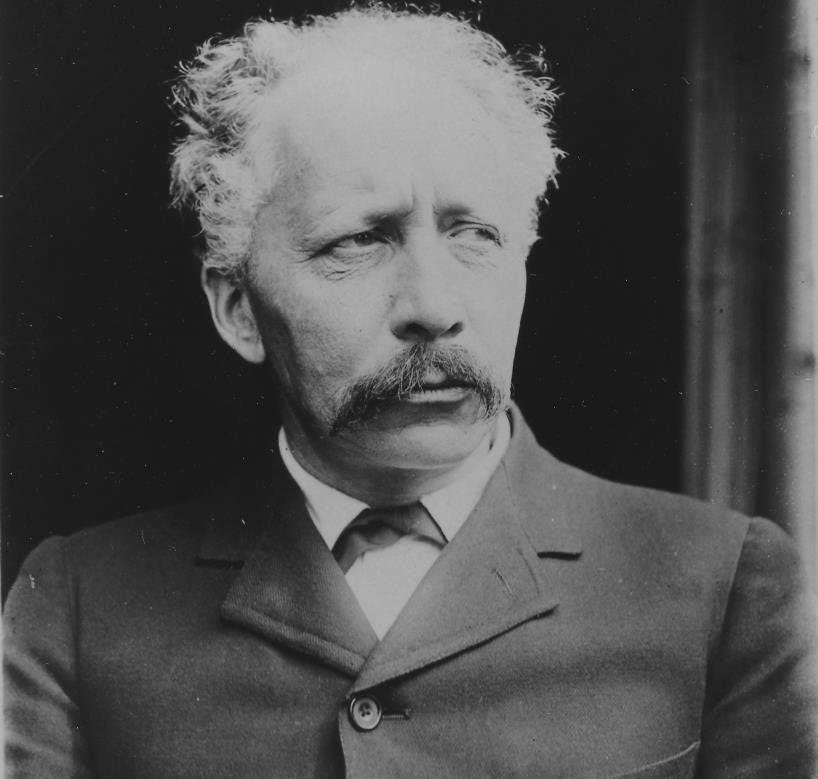The Sun Never Sets on the Anglo-Saxons (part 1)
Britain’s final triumphant wave of genetic conquerors
Related: Part 2, The genetic impact of the Anglo-Saxon conquest and how Britain became England.
Evolutionary biology and genetics were both born in the mid-1800’s. Charles Darwin’s The Origin of Species came out in 1859, transforming the intellectual life of Victorian England. The Origin of Species made an immediate impact worldwide, with Marx for one thrilled by Darwin’s ideas, while Nietzsche revolted against its implications for aesthetics. In contrast, Gregor Mendel’s discovery of the laws of inheritance, published in 1866, at first went entirely unnoticed beyond obscure horticultural journals. Unlike evolutionary biology, 19th-century genetics was stillborn, with Mendel’s ideas making no broader impact for decades. At the end of his life, Darwin was the most famous scientist of the age, whereas Mendel abandoned his research and spent his last two decades immersed in administrative duties. Mendel’s funeral was well attended by colleagues, as he was the well-liked abbot of his monastery. And yet none of the attendees could know that Abbot Mendel would go on to become the posthumous father of an entire fertile scientific discipline.
By 1900, sixteen years after Mendel’s death, three botanists: Dutchman Hugo DeVries, German Carl Correns and Austrian Erich von Tschermak, were among the first to rediscover his theory of the inheritance of characteristics via discrete genes. Mendel’s laws of independent assortment and segregation answered many thorny questions that biologists had been confronting since Darwin proposed his theory of evolution through natural selection. And a whole field studying heredity with Mendelian assumptions blossomed in the space of a few decades. Though Mendel was Austrian, and the three scientists who rediscovered his ideas were other Continental Europeans, most of the pioneering work in early genetics would become the province of the English-speaking world.
Just as Darwin had Thomas Henry Huxley as his “bulldog” to champion his evolutionary views, so Cambridge biologist William Bateson zealously promoted Mendel’s paradigm. As he evangelized, he coined the actual term “genetics” for the discipline. One student at Cambridge near the end of Bateson’s tenure was R. A. Fisher, a pioneer in statistics who went on to combine Mendelian insights with the theoretical framework of evolutionary biology in the 1910’s, helping found the field of population genetics.



